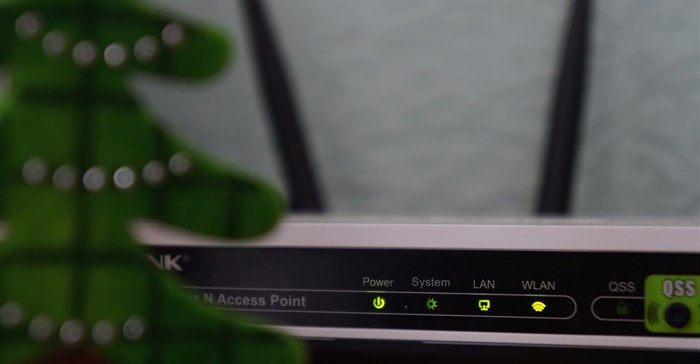
The research shows that 97% of corporations and 95% of small businesses use Wi-Fi internally, with over half of these respondents stating the need for Wi-Fi access everywhere as very important. This statistic indicates that Wi-Fi has become critical to employee activity and further demonstrates the trends for small businesses are in line with larger enterprises.
However, despite the enthusiasm for pervasive Wi-Fi, large businesses in South Africa limit out-of-office use, solely depending on in-house use.
It is a common misconception that, when making a purchasing decision, businesses consider the low cost of a provider’s service above all else. This study shows that this is untrue for Wi-Fi services. Here are our findings for cost, quality, speed and constant connectivity for Wi-Fi:
The findings for uses of Wi-Fi indicated the following:
These findings suggest that larger enterprises have more clearly defined needs and use for Wi-Fi.
Respondents were also given the option to rank from one to 10 (with 10 being highest) the level of importance for various features when selecting a service provider. Here are the findings:
These findings suggest the criticality of quality and service for Wi-Fi deployments. It is clear that most large businesses would rather pay more for a better service, underlining the fact that Wi-Fi has become mission-critical in the corporate environment.
While South Africa is still a long way from having a true smart city, business decision-makers have a strong awareness of its benefits and 95% believed that wider availability of Wi-Fi would contribute to a smart city strategy. When asked what the major benefits are of smart cities, more than a third cited boosting the economy, while a similar proportion saw it attracting new businesses. Just under a third said it would reduce operating costs.
However, a significant proportion (75.5%) of businesses don’t feature smart city projects in their budgets. Since smart cities is a relatively new concept and no South African city has a clear programme in place to achieve this, the 24.5% proportion of businesses who budget for smart cities can be considered relatively high. Even more, a substantial proportion (37.8%) of companies expect to have a budget for smart city projects in the future.
Findings for smart cities barriers include:
These findings suggest that financial issues are the core challenges facing smart cities:
A smart city requires strong, reliable information and communication technology infrastructure to support the latest iterations of connectivity. This does not mean fixed-line should fall by the wayside. Instead, being smart requires a cross-platform approach that combines the best of class with the best infrastructure to deliver digital services catering for business and consumer needs.